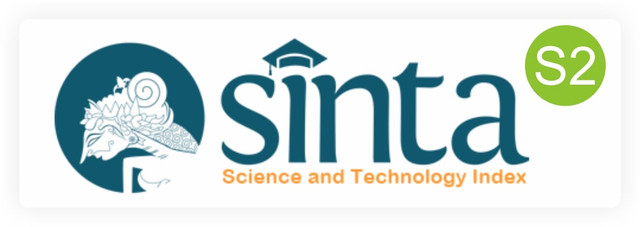VALIDASI METODE ANALISA PENETAPAN KADAR EPIGALOKATEKIN GALAT DENGAN KROMATOGRAFI CAIR KINERJA TINGGI
DOI:
https://doi.org/10.12928/pharmaciana.v4i1.396Keywords:
epigallocatechin gallate, validation, HPLCAbstract
High Performance Liquid Chromatography (HPLC) was one of analytical methods commonly
to determine the concentration of epigallocatechin gallate (EGCG) on green tea extract. The method
must be validated in order to fit to its purpose. The aim of this research was to prove that the used
method has selectifity, liniearity, precise, accurate and know limit of detection (LOD) and limit of
quantification (LOQ) is acceptable. The selectifity of analytical method was determined by
calculating the resolution value between two peak. Data from 10 ug/ml and 100 ug/ml with 5
replicates would give precition and accuration. Precition was known from CV value and accuration
was known from recovery value in each concentration. Liniearity was known from regression linear
between concentration and wide area of peak. From regresion linear could calculate LOD and LOQ.
Research show that method of analyse have selectificity with Rs= 2,27>1,5; liniearity with r= 0,99;
precision with CV 8,74% at concentration 200 µg/ml and 3,74% at concentration 500 µg/ml;
accuration with recovery 99,76% at concentration 200 µg/ml and 100,52% at concentration 500 µg/ml
and the value of LOD is 33,28 ug/ml and LOQ is 110,93 ug/ml.
Downloads
Published
Issue
Section
License
Authors who publish with Pharmaciana agree to the following terms:
- Authors retain copyright and grant the journal the right of first publication with the work simultaneously licensed under a Creative Commons Attribution License (CC BY-SA 4.0) that allows others to share the work with an acknowledgment of the work's authorship and initial publication in this journal.
- Authors are able to enter into separate, additional contractual arrangements for the non-exclusive distribution of the journal's published version of the work (e.g., post it to an institutional repository or publish it in a book), with an acknowledgment of its initial publication in this journal.
- Authors are permitted and encouraged to post their work online (e.g., in institutional repositories or on their website) prior to and during the submission process, as it can lead to productive exchanges, as well as earlier and greater citation of published work.


1.png)











